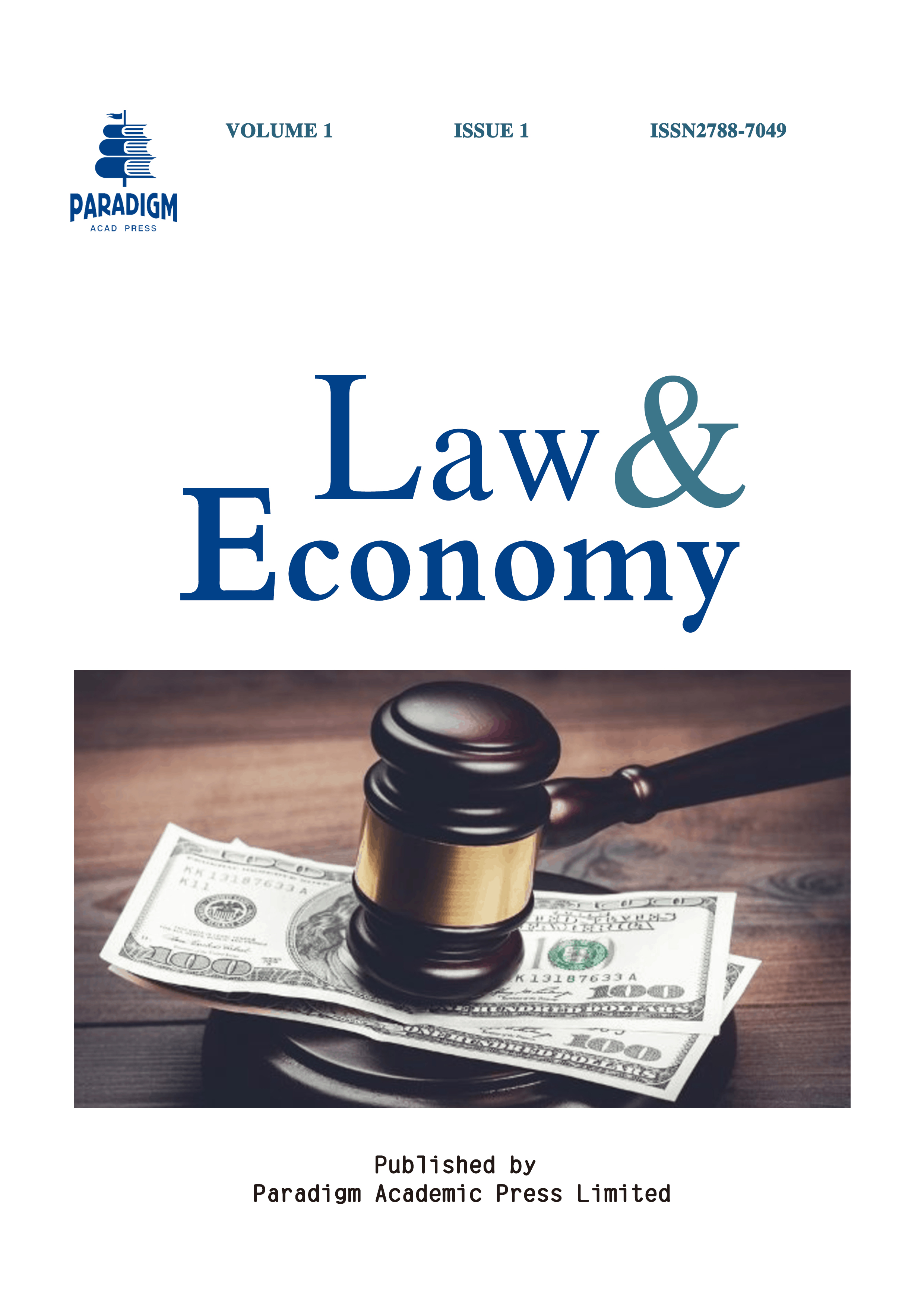An Assessment of the Mechanisms for the Protection of Traders in International Trade Disputes
DOI:
https://doi.org/10.63593/LE.2788-7049.2025.06.002Abstract
International trade functions as a crucial engine of economic development, propelling growth, innovation, and the transnational exchange of goods and services. By enabling nations to leverage their comparative advantages through specialized production, it bolsters efficiency and fuels economic expansion. This study analyzes the safeguards available to protect traders embroiled in international trade disputes. Tracing the evolution of international trade from rudimentary bartering systems to the sophisticated architecture of the World Trade Organization (WTO), the analysis illuminates the enduring quest for a stable and efficient trading regime. Notwithstanding the WTO’s endeavors, trade disputes remain prevalent, exposing the precarious position of traders in cross-border transactions. This study posits that sound protective mechanisms are indispensable, given traders’ function as both risk mitigators and facilitators of market efficiency. The research also recommends for proactive preventative measures, targeted capacity-building initiatives, and amplified collaboration among stakeholders.


